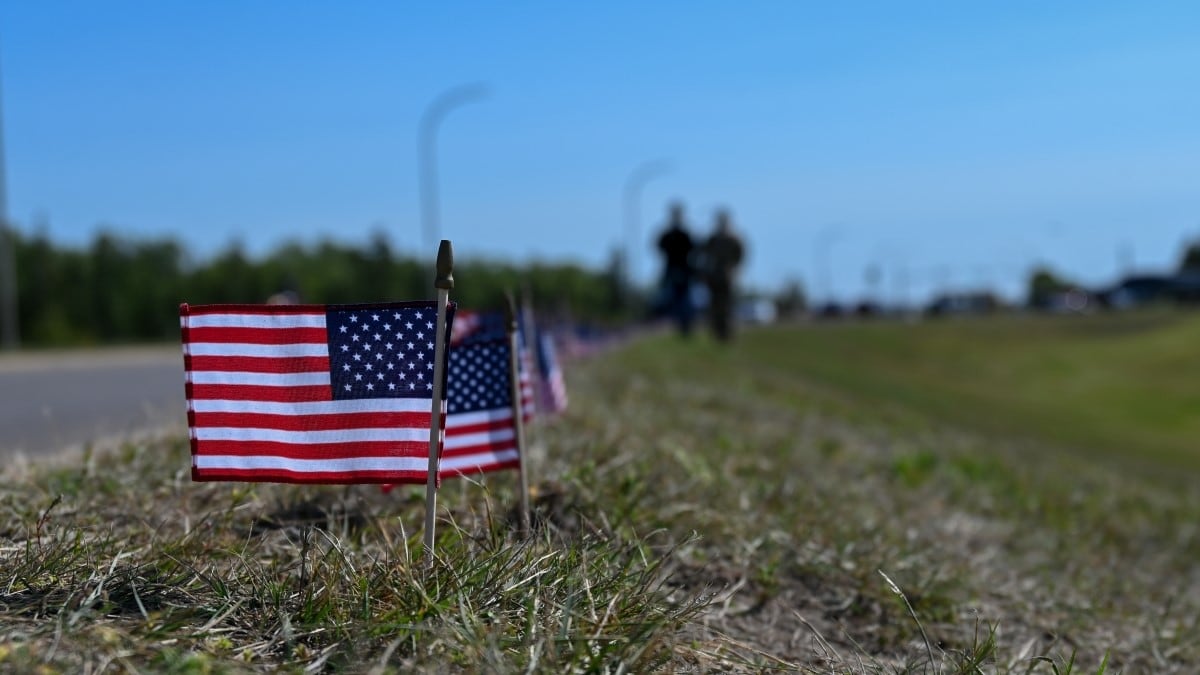CANBERRA, Australia — Australia said Thursday that it was among 40 countries urged by the United States to increase their military contributions in Iraq and Syria following the Paris attacks in November. But Australia told the U.S. that its commitment would remain largely unchanged.
The news of Australian resistance comes as Prime Minister Malcolm Turnbull prepares to make his first visit to Washington as Australia's leader next week.
Defense Minister Marise Payne's office said in a statement that the United States had asked 40 countries including European nations "to consider expanded contributions" to the U.S.-led coalition fighting in the Middle East after the Islamic State group claimed responsibility for the Nov. 13 attacks on Paris cafes, restaurants, a sports stadium and a music hall that killed 130 people.
"Australia has considered the request from U.S. Secretary of Defense Ash Carter in light of the substantial contributions we are already making to train Iraqi security forces and to the air campaign," the statement said.
"The government has advised Secretary Carter that our existing contributions will continue," it said.
But Australia has offered no significant increase in resources.
"The Australian government continues to keep our contribution under ongoing review in consultation with our coalition partners," the statement said.
Australia's resistance to a request for military assistance from its most important security ally has been questioned within the ranks of Turnbull's conservative government.
Sydney's The Daily Telegraph newspaper reported that Turnbull had become the first Australian prime minister to refuse a U.S. request to supply more troops in a conflict zone.
Peter Jennings, executive director of the Australian Strategic Policy Institute think-tank and a former Defense Department deputy secretary for strategy, said Australia often refused U.S. requests for military help.
"I don't think the Americans will be surprised," Jennings said, but added they may ask "what's going on with this new prime minister in Canberra?"
Jennings said it would be seen in the context of President Barak Obama chiding Turnbull when they met in Manila in November for failing to warn the U.S. of plans to lease a strategically important north Australian port where U.S. Marines are posted to a Chinese company linked to the Peoples' Liberation Army. Australia under Turnbull has also resisted U.S. pressure to mount a public demonstration of free of navigation in the South China Sea.
Turnbull replaced Tony Abbott as prime minister in September, and Abbott has since become more hawkish in his statements on military intervention in Iraq and Syria, calling for a greater effort in ground warfare.
Kevin Andrews, who was defense minister in Abbott's last administration, said Thursday that he did not know what information Payne had based her decision on.
"My general in-principle view is that if the Americans have made a reasonable request of us, then we should be giving it the most favorable consideration," Andrews told Australian Broadcasting Corp.
U.S. Ambassador to Australia John Berry told reporters late Wednesday that "the United States is enormously grateful for the role Australia is playing."
Berry said Carter had asked for assistance from all 60 nations in the U.S.-led coalition.
Australia describes itself as the largest contributor to the coalition after the United States, with 780 Australian military personnel in the Middle East and aircraft including six F/A-18 Hornet jet fighters striking Islamic State targets in Iraq and Syria.




